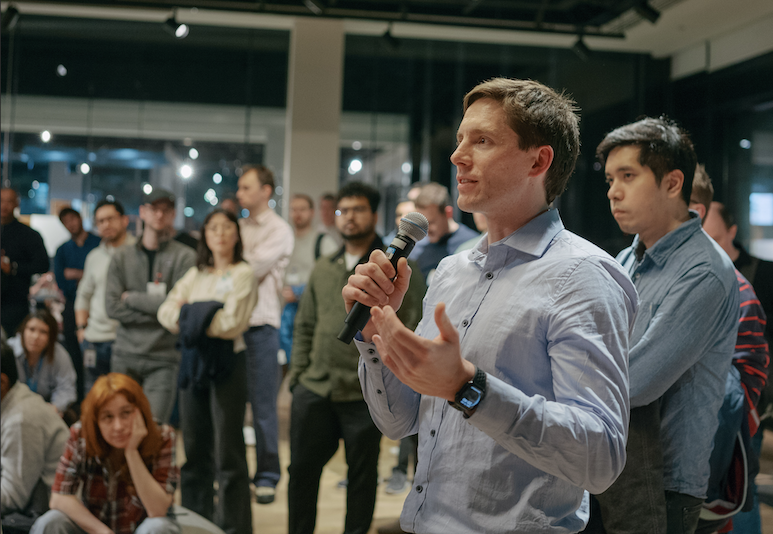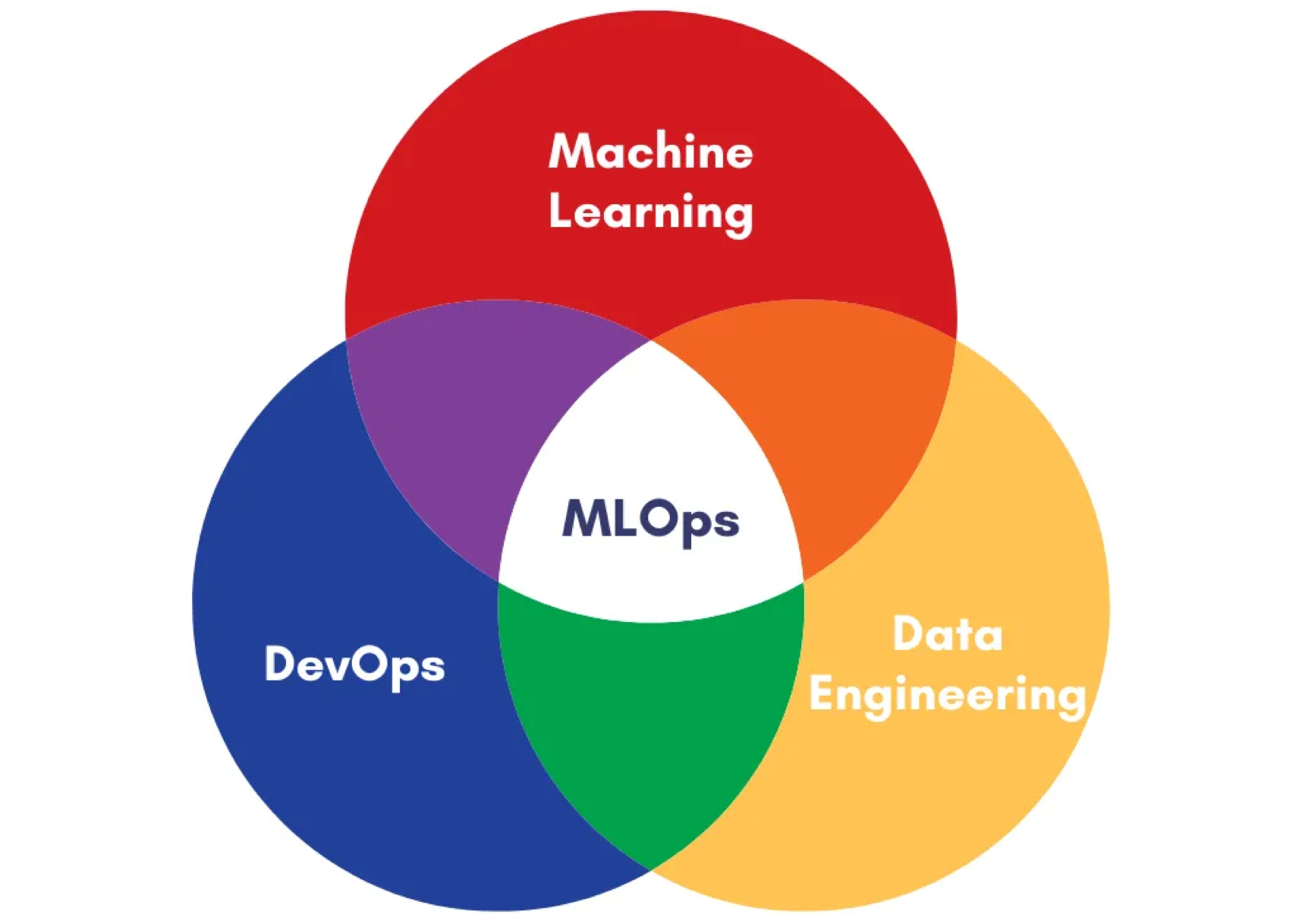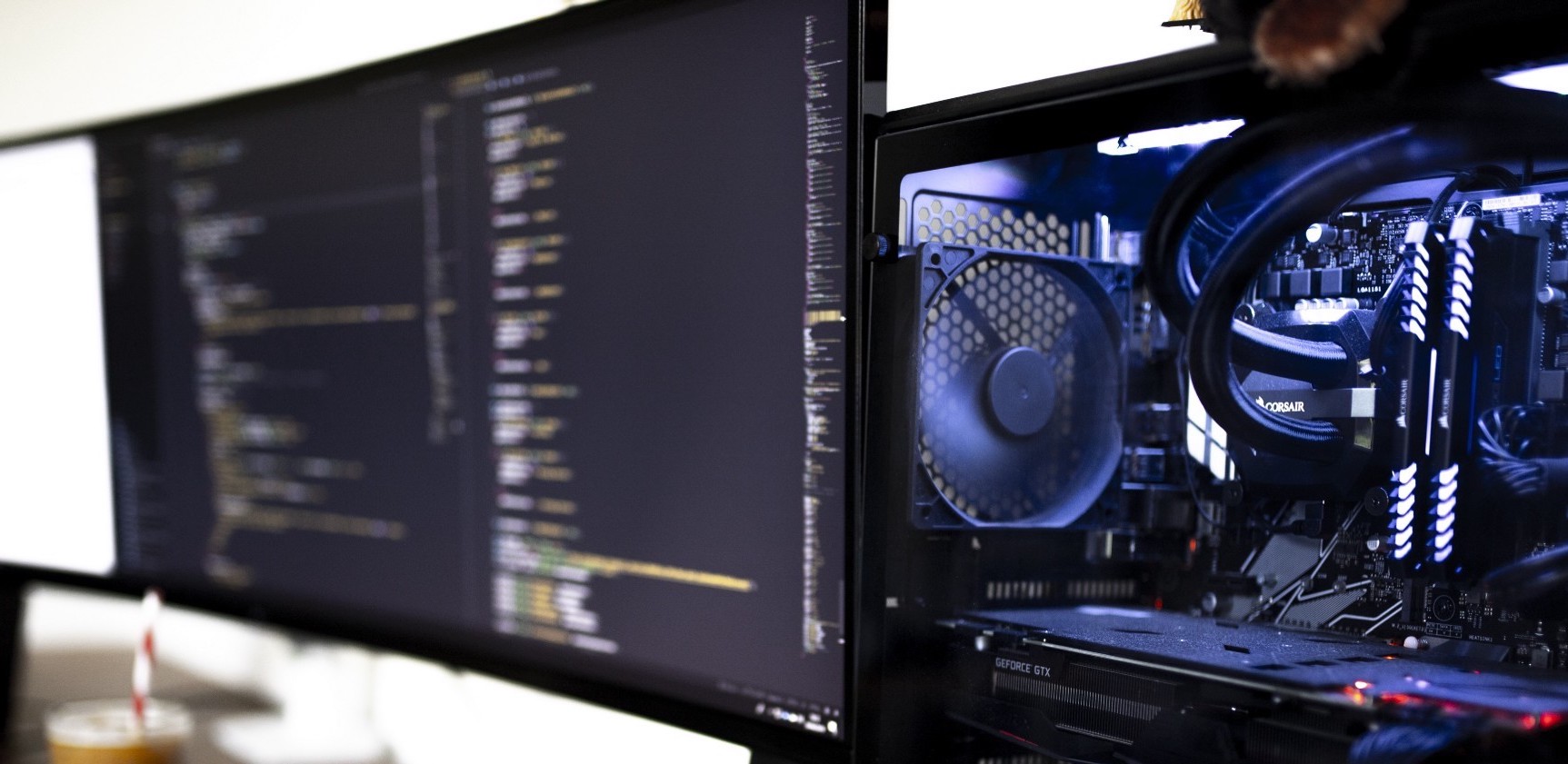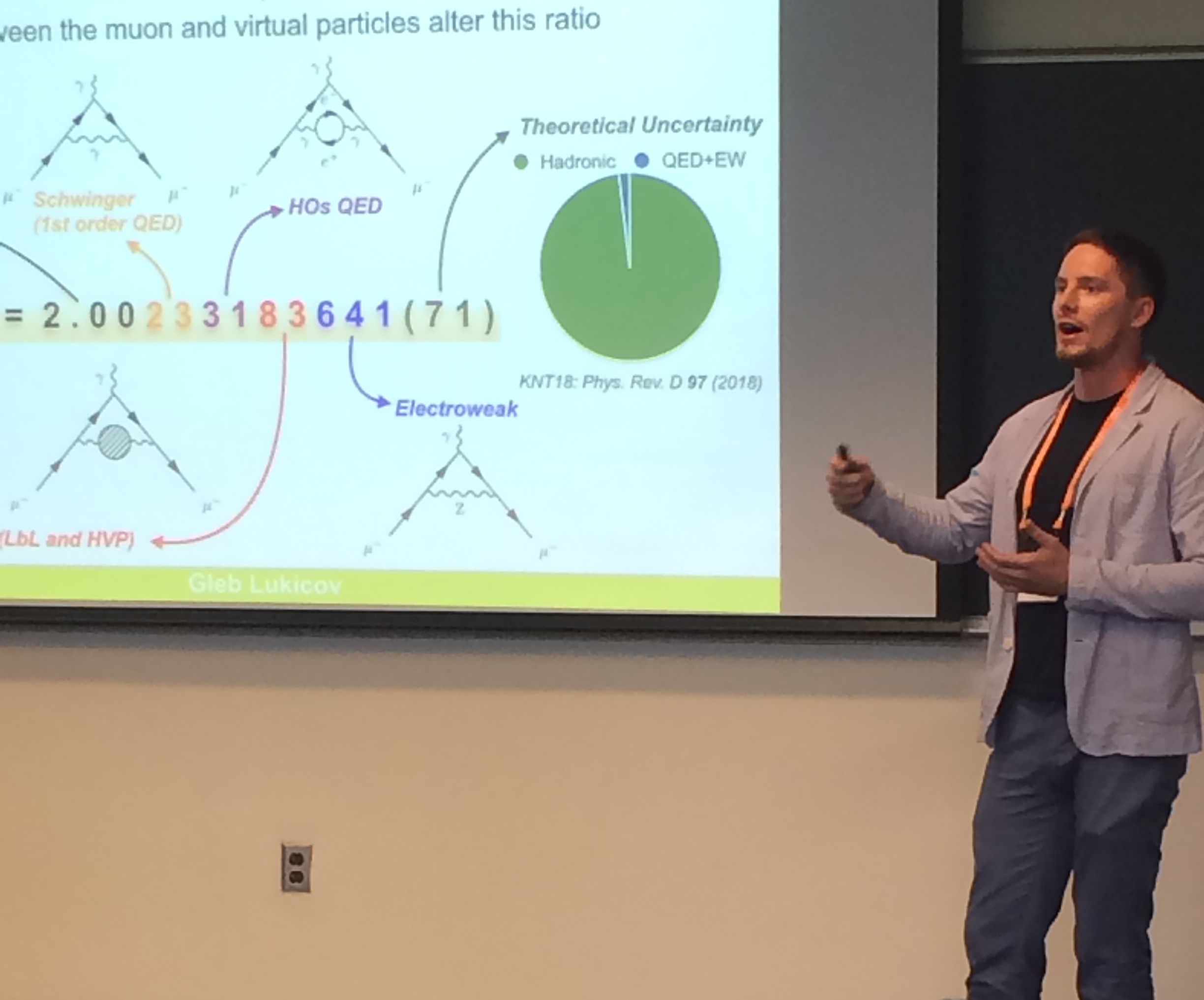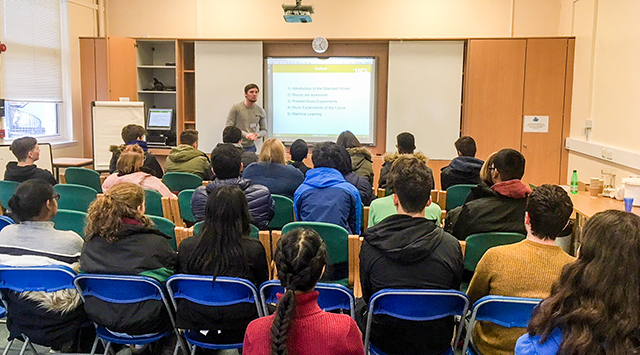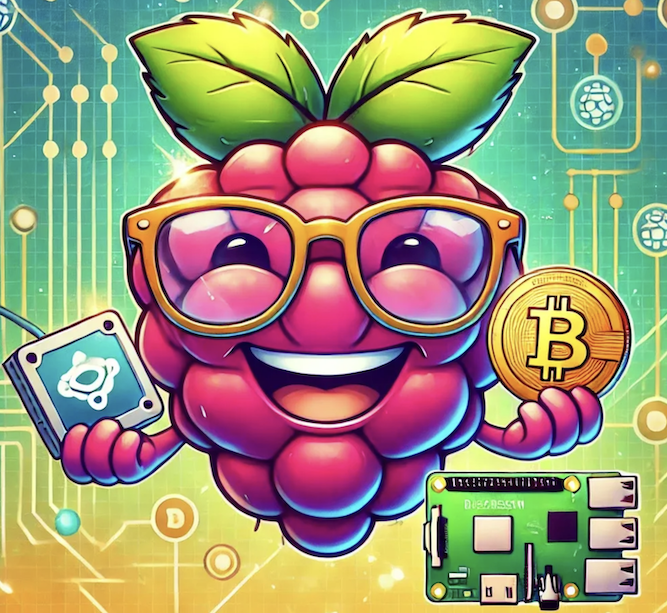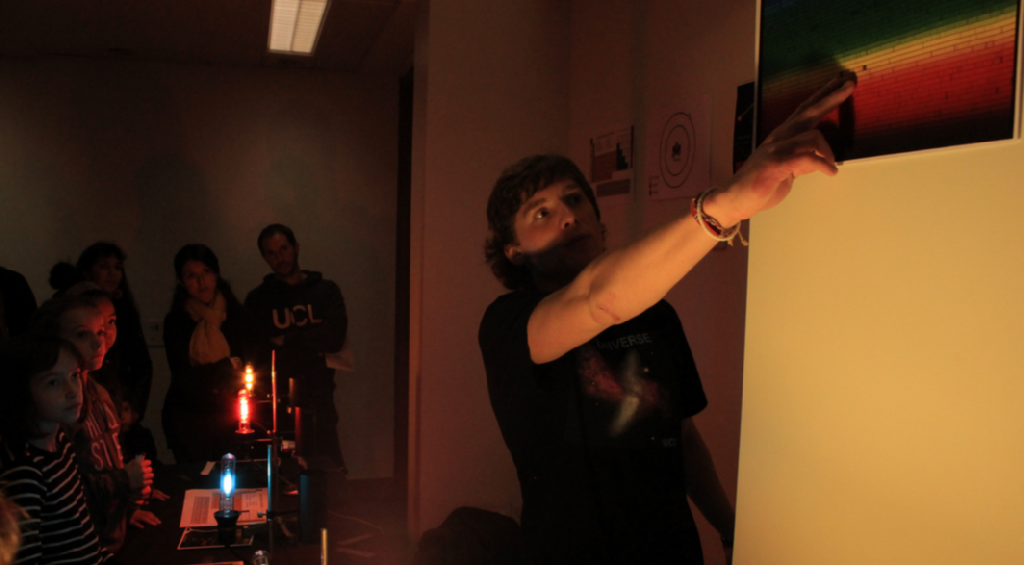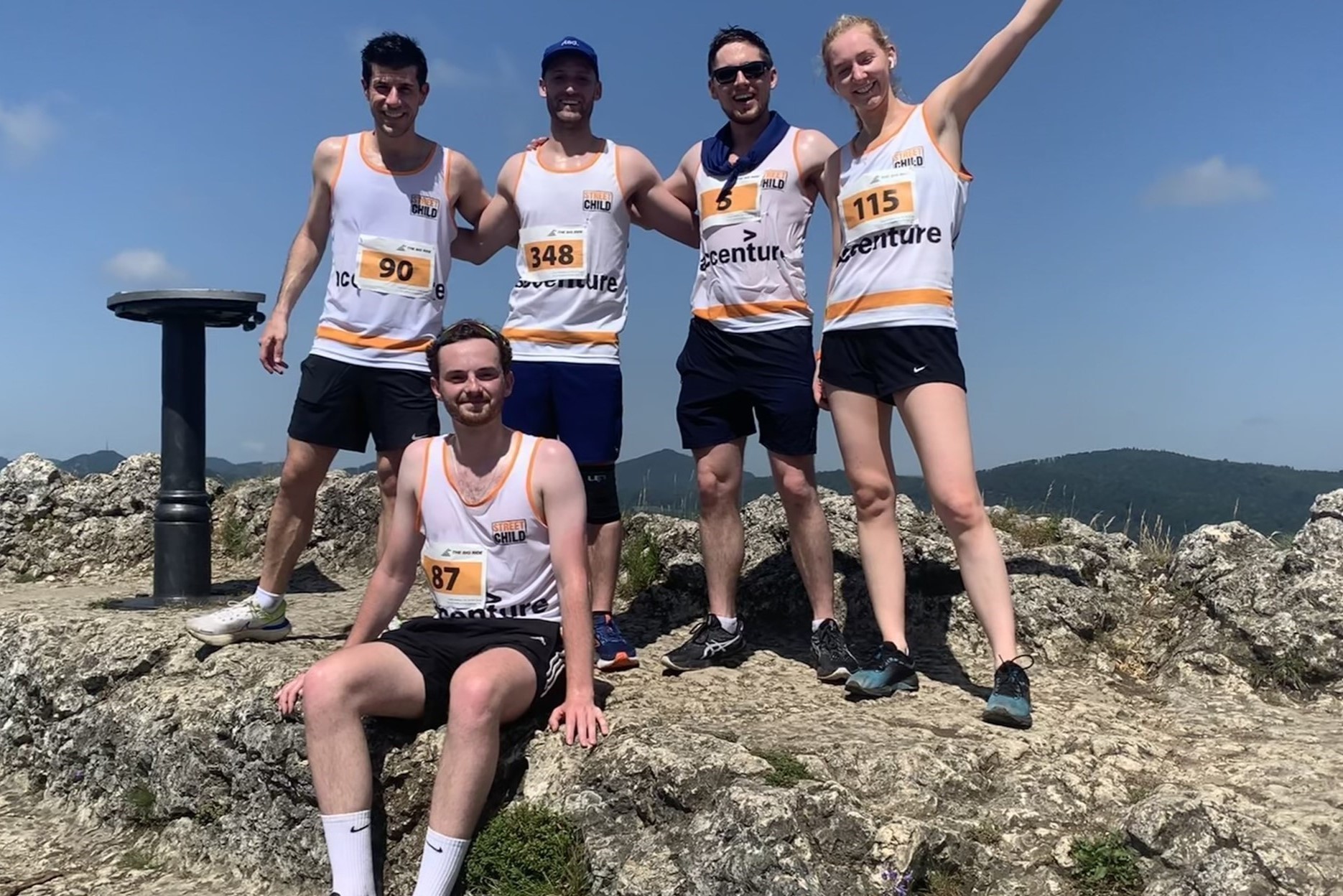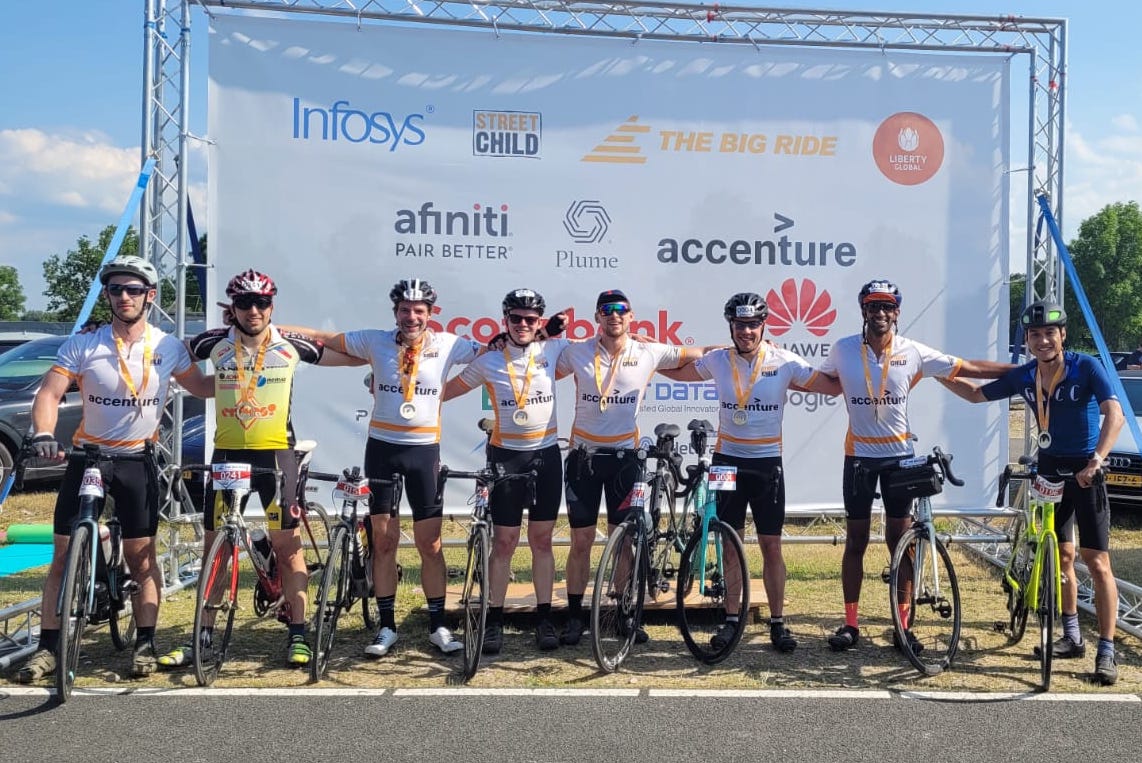
Hey there, I'm Gleb, and I'm passionate about empowering
data science teams to succeed by building reliable and
scalable MLOps solutions — because effective MLOps isn't
just about tools; it's about aligning people, processes, and
platforms to solve real business problems.
Outside of work, I co-organise the London MLOps community —
Europe's largest MLOps meetup — and love sharing what I've
learned through blogging and public speaking.
Before entering the tech industry, I conducted scientific
research at world-class physics labs in the US and
Switzerland, working on large-scale, multidisciplinary
projects. In my spare time, I enjoy road cycling and
running.
Contact me for collaboration ideas or questions ⬇️
